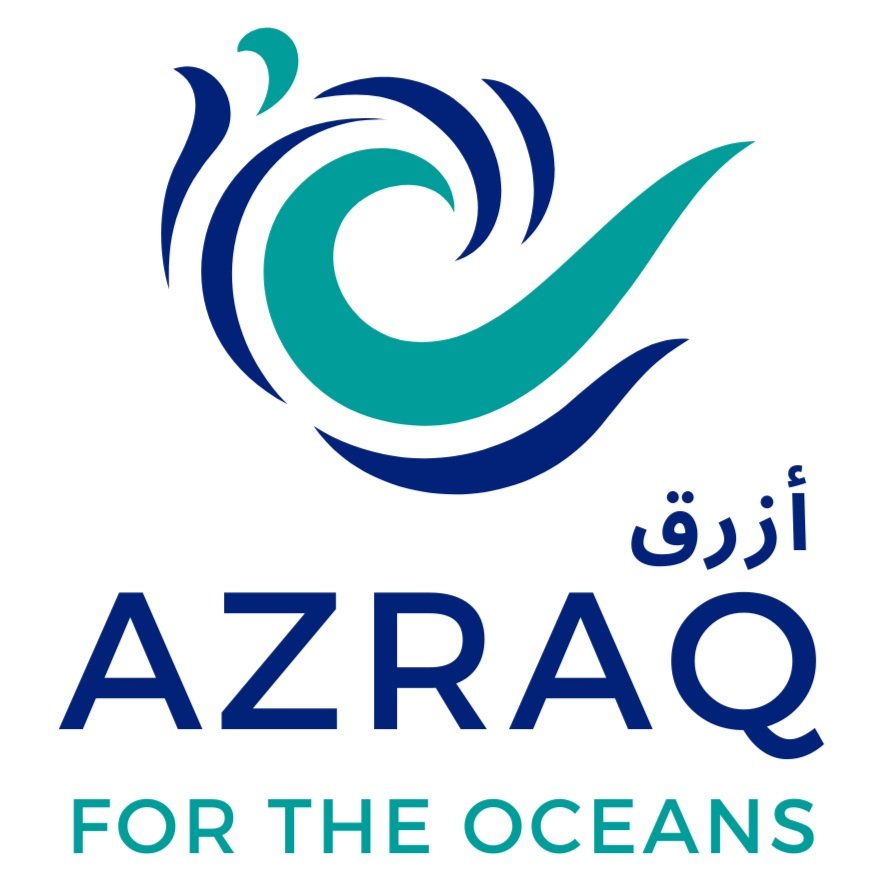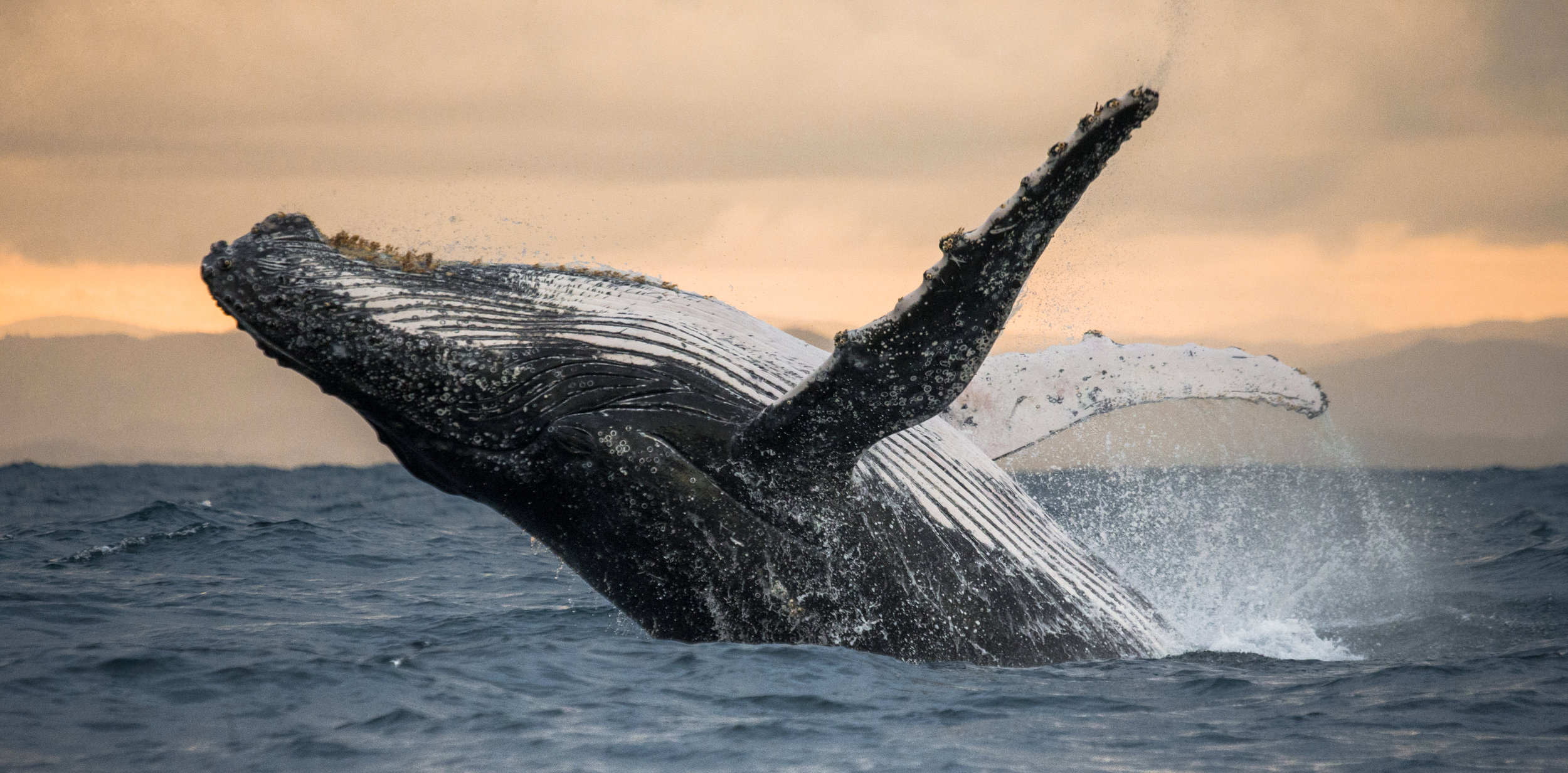Marine conservationist and Managing Director of Azraq, Natalie Banks has been working on screening STRAWS in the United Arab Emirates for the past few months, and saw an opportunity to align the values of Azraq with the screening.
“Azraq has been working on getting food outlets to rethink the need for plastic straws since February this year in conjunction with Freedom Pizza, through the #stopsucking initiative and with STRAWS outlining how billions of non-recyclable plastic straws litter streets and wash into oceans, I saw an opportunity to raise awareness of the impacts of straws on the marine environment and marine animals,” Ms Banks said.
“STRAWS is an eye-opening documentary, which has a wonderful animated opening scene and narration by Oscar-winner Tim Robbins, drawing the viewer in to charting the history of straws, as well as the modern dilemma of single-use plastics produced to satisfy a behaviour that has become a habit rather than a necessity.”
Important questions are raised regarding the use of plastic in straw production, and several environmental scientists lay out how these seemingly innocuous items will end up doing irreversible harm to marine life, the ocean and eventually human health if the problem continues to build. Sea turtle and other marine life as well as sea birds are frequent victims of discarded plastic as they often consume it or get caught up in bags and nets.
The marine biology researchers in Costa Rica who found a straw lodged inside the nose of an Olive Ridley sea turtle, recount their tales over the footage of their viral video in STRAWS which also looks at alternate, sustainable solutions such as paper, bamboo or metal straws, which have cut down costs for some local businesses and encourages the simple act of refusing a straw or having on hand an alternative when at a restaurant or cafe.
“STRAWS features empowering tales, from local businesses who have changed their ordering model to middle schoolers who have enacted challenges in their communities,” Ms Banks said.
“This highlights how anyone can take action to help save the world’s oceans.”
Food Outlets and groups that have already made the change from plastic straws to an alternative solution in the United Arab Emirates since the #stopsucking initiative was announced include Jumeriah Restaurant Group, Gates Hospitality, Pitfire Pizza, Urth, The Limetree Café and Kitchen, The Club Abu Dhabi and Nathalie’s Café.
Following the screening the CEO of Freedom Pizza, Ian Ohan and the General Manager of Jumeriah Restaurant Group, Emma Banks will join Natalie Banks in a panel discussion with radio personality Emma Brain to discuss the impacts of their decision to go plastic straw free and what the guiding factor was in their decision making as well as the concerns and benefits they had and potentially now have in ditching the straw.
The screening has been provided support by Gold Sponsors Liquid of Life, and Silver Sponsor Retold and Bags of the Future and is available to anyone who is a member of Azraq. Event membership starts at 50 AED and provides free access to the screening as well as information on other events being held by Azraq in the future. Reserve your seats and find out further information by heading to Azraq’s website at azraqme.org or by emailing admin@azraqme.org

